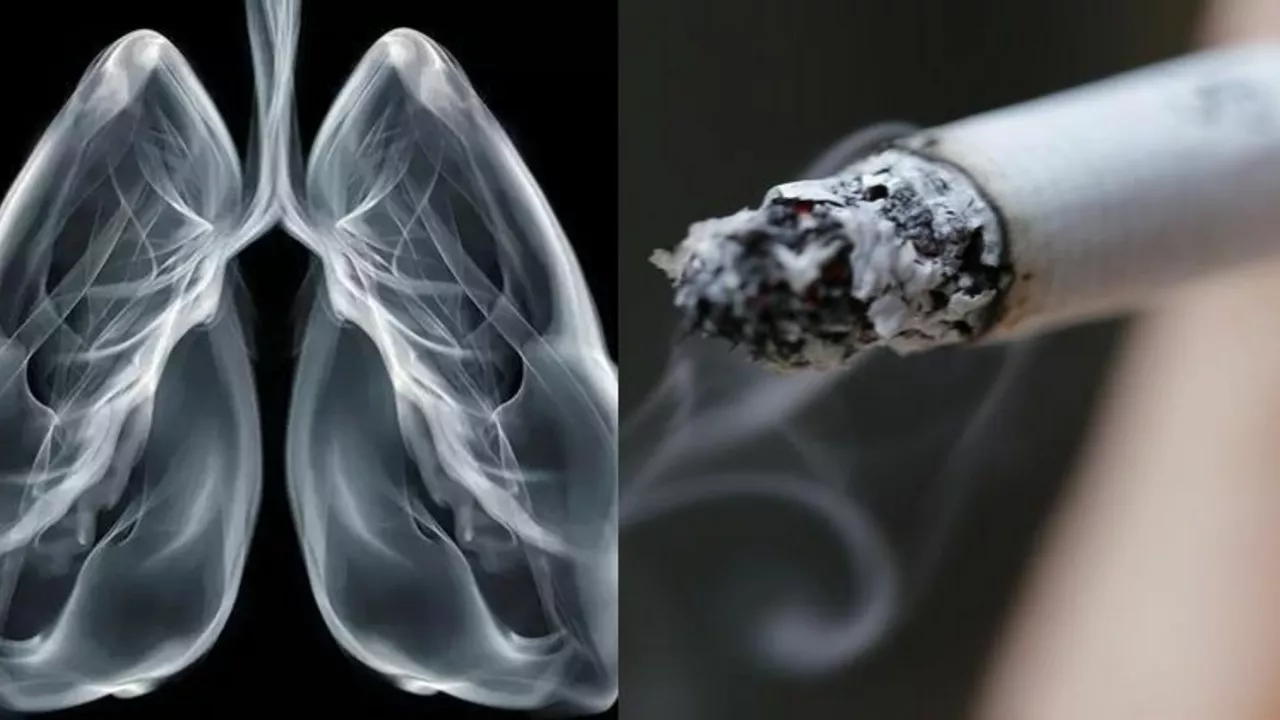Smoking – What You need to know about risks and quitting
If you light up a cigarette, you’re doing more than just getting a quick buzz. Every puff sends chemicals straight into your lungs, heart, and blood. Those chemicals can mess with medication, boost the chance of infections, and speed up aging. In plain terms: smoking makes everyday health problems harder to handle.
Think about it like this – you’re adding extra work for every organ that already has a job to do. Your heart pumps faster, your blood vessels narrow, and your lungs struggle to pull in clean air. That’s why smokers often feel short of breath after just a few stairs or notice a lingering cough.
The real damage smoking does
First up, the heart. Nicotine spikes your blood pressure and makes your heart beat faster. Over time this can lead to hypertension, heart attacks, or strokes. If you’re already on medication for cholesterol or blood pressure, smoking can blunt the drug’s effect, meaning you might need higher doses.
Next, the lungs. Each cigarette deposits tar that coats the airway lining. The result? Chronic bronchitis, emphysema, and a higher risk of lung cancer. Even if you never get a full-blown disease, you’ll notice wheezing, tighter chest, and slower recovery from colds.
Then there’s the immune system. Smoking weakens white blood cells, so infections stick around longer. That’s why smokers catch colds more often and take longer to heal from wounds or surgeries.
Quick steps to start quitting today
Quitting feels scary, but breaking it into tiny actions helps a lot. First, set a quit date within the next two weeks – give yourself enough time to prep but not so much that you lose momentum.
Second, figure out your triggers. Do you smoke with coffee? After meals? When stressed? Replace those moments with something else: chew gum, sip water, or take five minutes of deep breathing.
Third, get support. Talk to friends, family, or a doctor about your plan. Many pharmacies offer nicotine replacement patches or lozenges that cut cravings without the harmful smoke.
Fourth, track progress. Write down each day you stay smoke‑free and notice how quickly you feel better – less coughing, easier breathing, more energy. Seeing those wins keeps motivation high.
If a slip happens, don’t beat yourself up. It’s just a bump in the road. Analyze what led to that cigarette, adjust your plan, and get back on track.
Finally, think long term. The benefits of quitting start within hours: heart rate drops, carbon monoxide levels fall, and oxygen improves. After a few weeks you’ll notice better taste, smell, and overall stamina.
Smoking is a tough habit, but it’s not unbeatable. By understanding how it hurts your body and following simple, everyday steps, you can cut the smoke out of your life and feel healthier faster than you might think.
Smoking can cut clozapine levels by up to 50%, risking relapse or toxicity. Learn how tobacco affects your medication, what to do if you start or quit smoking, and why therapeutic monitoring is essential.
In my latest research, I've discovered a significant connection between smoking and the aggravation of proctitis symptoms. Smoking not only increases the frequency of flare-ups but also intensifies the severity of symptoms like rectal pain, bleeding, and diarrhea. This is due to the harmful substances in cigarettes that cause inflammation and exacerbate any existing conditions. If you're dealing with proctitis, it's crucial to consider quitting smoking to manage your symptoms better. It's not an easy journey, but the benefits to your overall health and wellbeing are well worth it.


